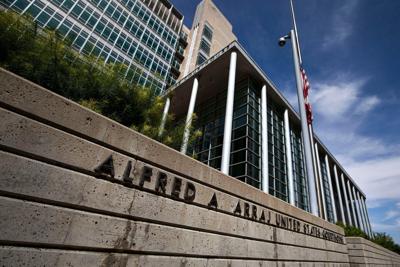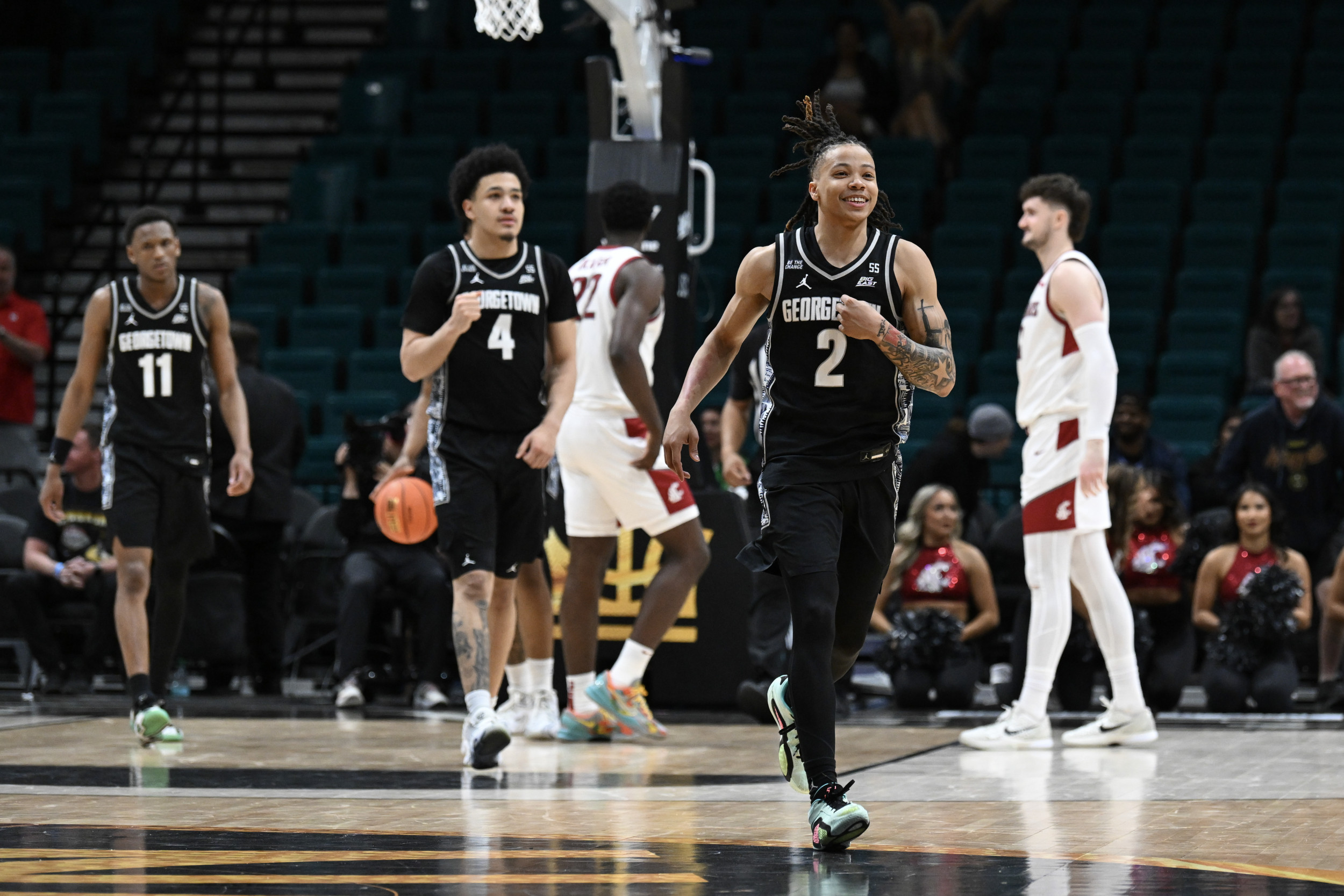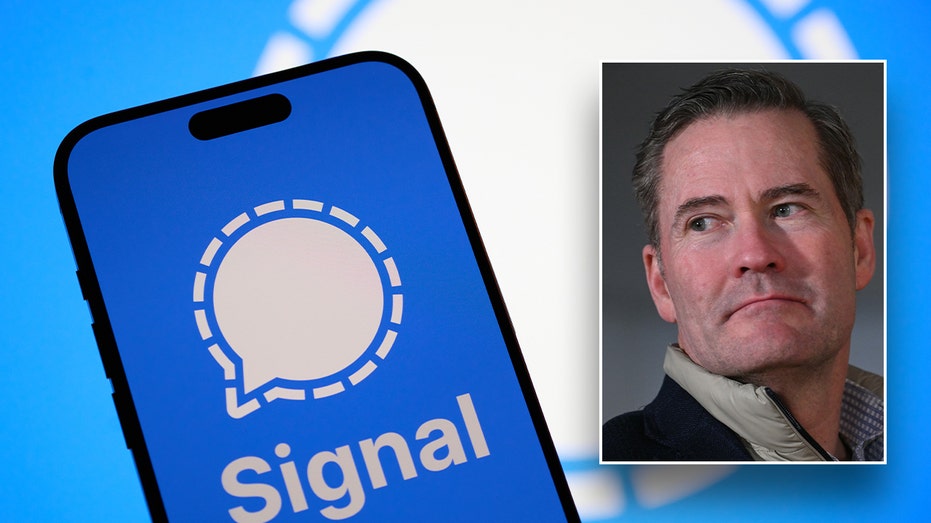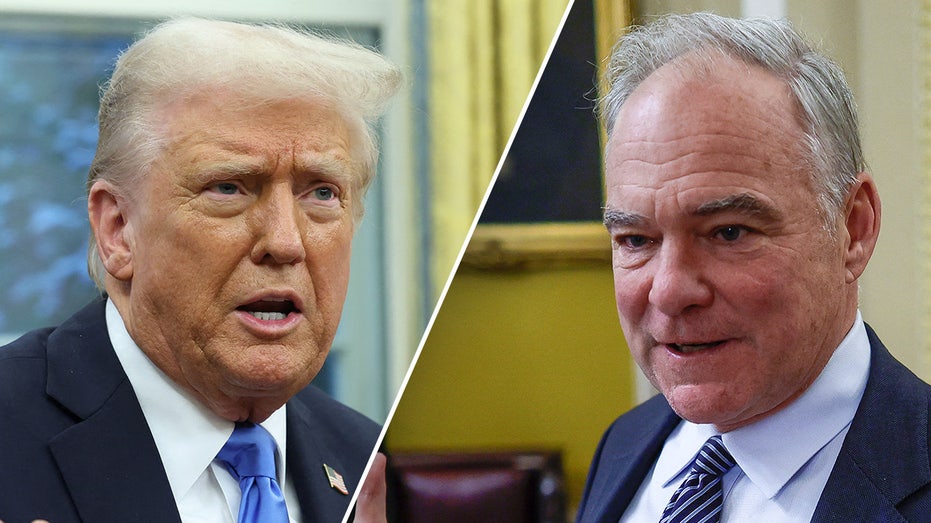
For the most part, cases that are filed in state court proceed linearly through the state trial courts, appellate court and Supreme Court. Likewise, federal cases are heard by a federal trial judge, a federal appeals court and, on rare occasions, the nation's highest court. But sometimes, when a federal case involves a question of state law, federal judges may ask the Colorado Supreme Court to step in and render a purely legal decision about what the law means.
The process is known as "certification" and while the state's justices are under no obligation to accept the invitation, they have always done so in recent years. "I do think, having talked to a number of my colleagues on other supreme courts, that we here in Colorado are willing to certify more often than a number of other state supreme courts," said Justice Melissa Hart on Tuesday. Hart and U.

S. Magistrate Judge N. Reid Neureiter spoke at the Alfred A.
Arraj U.S. Courthouse in downtown Denver to an audience of lawyers, providing a glimpse into how and why Colorado's justices involve themselves in a new proceeding spawned from an existing federal case.
Hart identified 12 instances since 2017 where her court accepted federal judges' requests for intervention. "I think the really important thing we see," she said, is when a federal judge says the Supreme Court's intervention "is necessary to answer the question. 'I as a judge cannot answer this question in my federal case without knowing what you, as the final authority in Colorado, say the Colorado law is.
'" "Not just 'can you tell me the answer?’" she added. "It’s much more, ‘I’m in a quandary.’" Colorado Supreme Court Justice Melissa Hart speaks at Central High School in Pueblo.
(Photo by Jerilee Bennett, The Denver Gazette) Neureiter recently submitted a question in a case involving insurance coverage. He said insurance disputes are particularly fertile ground for certified questions because insurance is governed by state law, yet out-of-state insurance companies invoke their ability to transfer the litigation to federal court. Neureiter's case, Klabon v.
Travelers Property Casualty Company of America , involved the interplay between Colorado's workers' compensation law and the ability of employees to sue for on-the-job car accident injuries. In asking the Supreme Court to step in, Neureiter noted two of his colleagues, U.S.
District Court Senior Judge Christine M. Arguello and Judge Daniel D. Domenico, had issued orders answering the legal question in opposite ways.
If the law in question has not yet been interpreted, "then I gotta do it. But when I’m in a quandary is when one of my colleagues or the Colorado Court of Appeals has come down one way," said Neureiter, "or another colleague or a state district court has come down another way." Attorney Jonathan D.
Reppucci also spoke about his experience litigating the only case certified to the Supreme Court in recent years arising from criminal proceedings. Reppucci represented a convicted defendant who was a juvenile at the time of his offense, and who mounted a federal challenge to his sentence as violating the Eighth Amendment. "I didn’t, frankly, know that certification was a thing," he said.
Reppucci did not ask for the Supreme Court to weigh in until the case made it to the U.S. Court of Appeals for the 10th Circuit.
However, the appeals court agreed to refer the key legal question to the state's justices. "This is a way to develop the law because you get a straight shot to the Colorado Supreme Court to decide a question of law," he said. Stephen Swofford, the denver gazette file The Colorado Supreme Court hears a rebuttal from First Assistant Attorney General Wendy Ritz during arguments last month for People v.
Rodriguez-Morelos as part of Courts in the Community at the Wolf Law building at University of Colorado Boulder. Neureiter added that he spoke with Judge Veronica S. Rossman of the 10th Circuit, and her advice was to always ask for certification in the trial court first "because that way it doesn't look like 'I lost in the trial court, now I’m asking the Colorado Supreme Court to weigh in.
'" Neureiter also suggested certification, particularly for insurance disputes that usually wind up in federal court, is a way for the Colorado Supreme Court to resolve questions of state law that otherwise might not reach it. The panelists cautioned that seeking Supreme Court intervention will halt the federal proceedings and spawn a new case that will take extra time and expense to resolve. Hart advised it is possible for parties to request expedited consideration.
She also noted that in Reppucci's criminal case, the 10th Circuit simply forwarded the already filed briefs to the Supreme Court, saving time. "We think it’s our job to offer clarity," Hart said. If a federal judge is merely confronting a new question, "it’s actually his job to take a stab at it.
But if you’ve got multiple different opinions, that becomes the moment where it starts to be our job." The discussion was sponsored by the Faculty of Federal Advocates..















